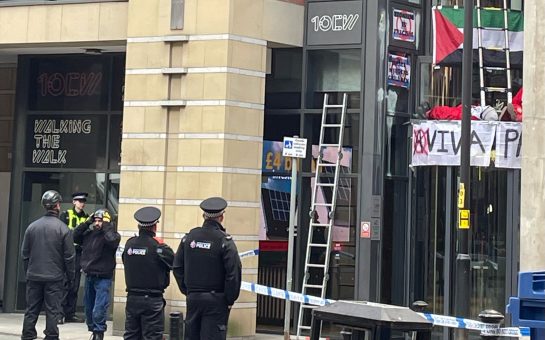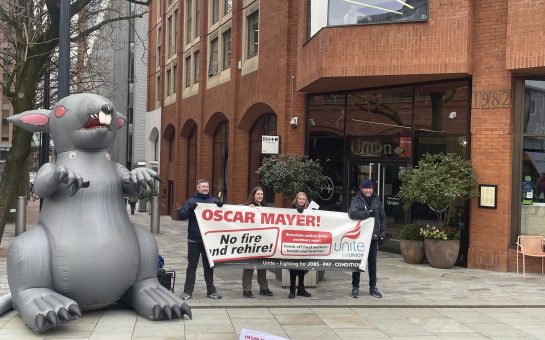This week marks six months since farmers in India began their protest against the change in the agricultural policy set by the government last year.
The Bharatiya Janata Party (BJP) party in India laid out three laws that would action privatisation of the farming industry so companies can buy directly from them.
What are proposed farming laws?
Law 1: The retraction of any government subsidies. Currently, farmers are protected by the promise of a minimum support price (MSP) which establishes a required price as a minimum for their produce.
The fear is that with privatisation, the farmers would no longer have to minimum support price and would be more vulnerable to exploitation and lower pay.
Law 2: The farmers would not be entitled to take any legal action if exploitation were to happen. A disagreement with a private sector compnay cannot be taken to Indian Court.
Law 3: There will be no cap on how much produce a coorperation or person can pucrchase and stockpile. This would mean that coorperations would be able to store large amounts of produce whilst the farmers would not have access to these kinds of resources.
Farmers are protesting as they fear exploitation, poverty and ultimately losing their lands completely.
Mancunian Matters spoke to Rajveer Singh, the founder of Project Punjab, who attended these protests and gave us an insight into what it’s like there.
The protests are still continuing in India, and conversations are being had within the government about further action. You can read more about why the farmer’s protests and how people have been protesting in the UK here.



